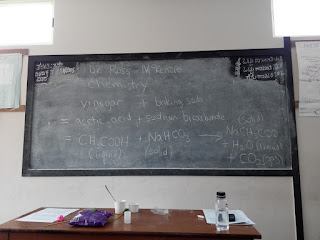Reading the grant guidelines and regulations
Every grant and fellowship program comes with many pages of rules, regulations, guidelines, criteria, ... How carefully should you read them? What can you learn from them? I have two separate points. First, as the applicant it is your responsibility to read and to take note of these regulations. This is time consuming and boring. But it is still your responsibility . Don't expect or demand someone else to do it for you. It is not the responsibility of your supervisor, department chair, local research administrator, group secretary, or the funding agency. Don't ask questions when the answers are there in the rules if you actually read them. And don't ignore the rules. For example, if it clearly states you have to be 5 years past your Ph.D, don't apply anyway if you are 3 years past your Ph.D. This may seem inane to some readers, but it does happen. Also, just because it says you can do something does not meet it is a good idea. For example, with regard to budget r





